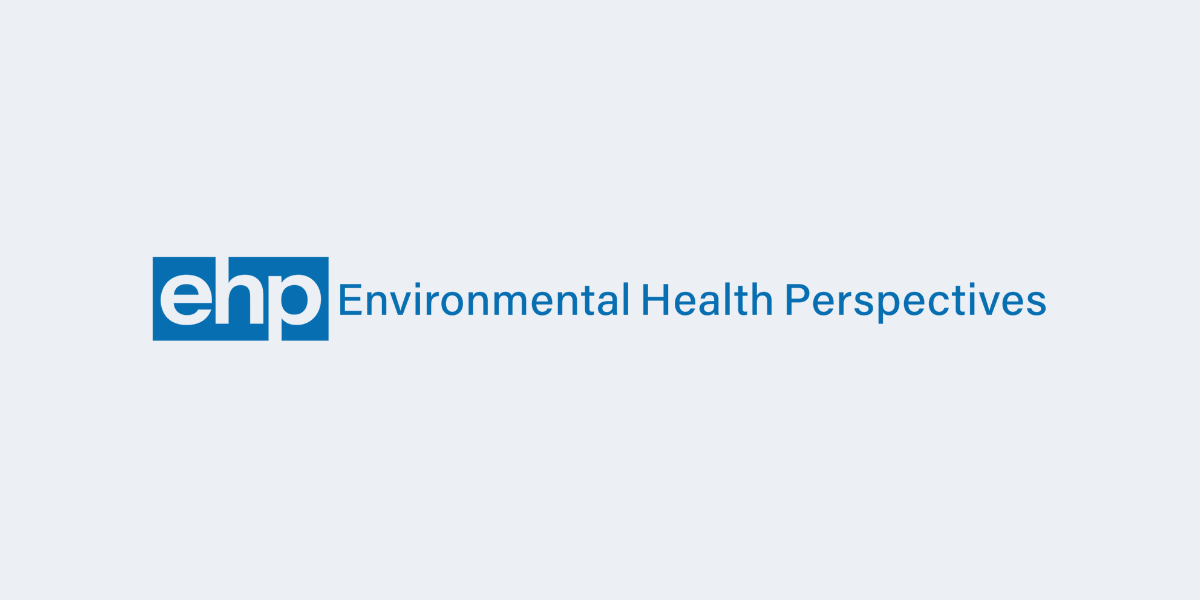Circulation: Price and Quality in the Generic Pharmaceutical Market
A recent study published in the journal Circulation, titled “Price and Quality in the Generic Pharmaceutical Market,” provides the first comprehensive look at the effects of widespread recalls of angiotensin receptor blockers (ARBs)—commonly referred to as “-sartan” drugs—on price, accessibility, and quality.
For years, it has been assumed that a tradeoff exists between low-cost, broad-access generics and higher-quality medications. However, this new research challenges that notion, showing that even after the removal of low-quality ARBs from the market due to contamination concerns, drug prices did not increase disproportionately, nor did access suffer.
“If this is the case, why should we tolerate a generic drug market that looks solely at price and not at quality?”
Quality Doesn’t Have to Come at a Cost:
The findings suggest a future where medication quality and affordability can coexist—but only if the U.S. healthcare system begins to prioritize quality in procurement decisions. While the generic drug market is regulated by the FDA, this study makes the case for independent, ongoing quality assurance beyond manufacturer-reported data and routine inspections.
Toward a More Transparent Supply Chain:
The study envisions a more accountable pharmaceutical supply chain—one in which:
- Independent, periodic testing occurs throughout the distribution process
- Transparent quality scores are made available to wholesalers, providers, and consumers
- Procurement decisions are based on both cost and verifiable chemical quality
This approach would protect consumers while incentivizing manufacturers to uphold higher standards—without driving up prices. As the authors note, prescribing a $0.50 pill of poor quality offers no clinical or economic advantage when a higher-quality alternative at the same price is readily available.
Read the full study in Circulation →




